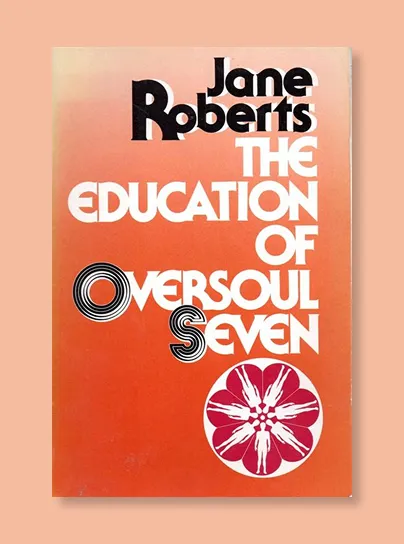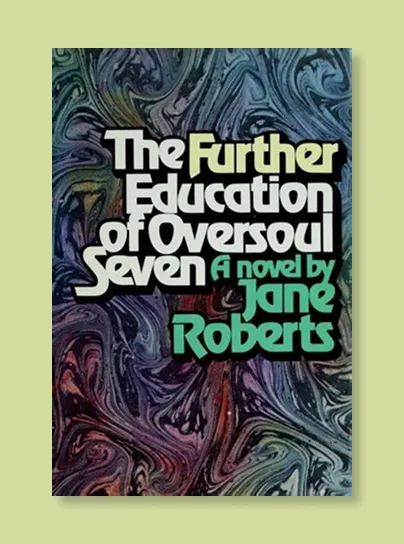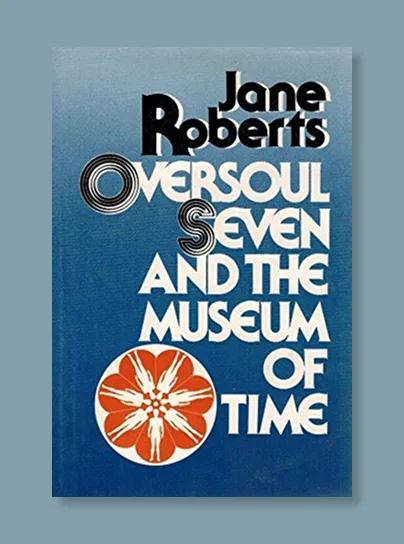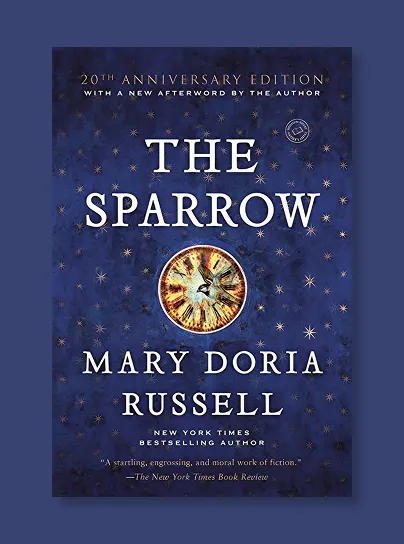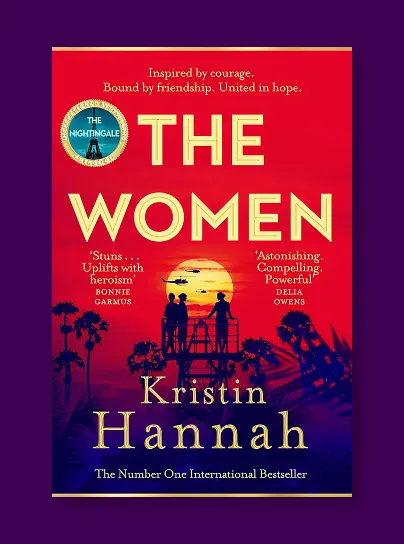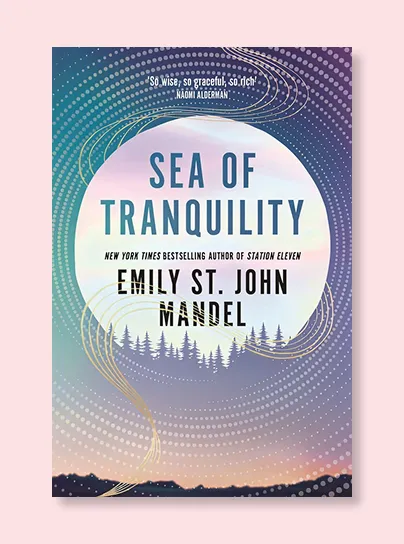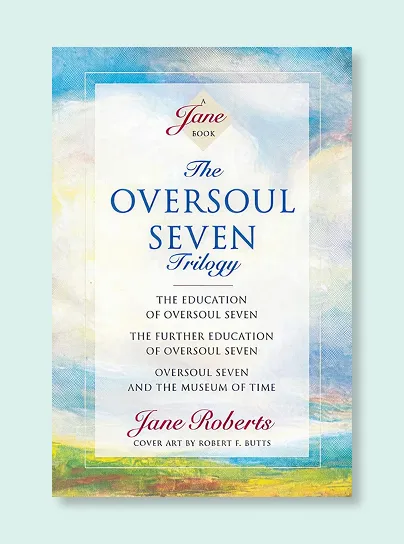
The Oversoul 7 Trilogy
These three books give an alternative perspective on things like death, reincarnation, the creation of god concepts, astral travel, probabilities, time, the existence of the soul and how it gives rise to specific personalities. These books stretch the mind way beyond the status-quo, consensus understanding of these topics.
The first book, The Education of Oversoul Seven focuses on Oversoul Seven, his teacher, Cyrus, and four of Seven’s personalities all living concurrently (because time is not linear).
We follow twentieth-century Lydia as she nears the end of her life, dies (initially refusing to acknowledge it), and while she considers whether or not she wants to be reborn. Proteus lives in a floating city above a post-apocalyptic Earth in the twenty-third century. Ma-ah, one of Seven’s more intelligent personalities, lives hand to mouth in 10,000BC, and Josef lives in seventeen-century Holland.
The best of the three books, in my opinion, this book puts forward concepts, in humorous way, that can be difficult to discuss.
Oversoul Seven returned, again without knowing how he did so, to Ma-ah. He thought triumphantly: he wasn’t trapped inside Ma-ah for good, then. He’d left, if only momentarily.
Still, his distance from his personalities was vanishing. He must have agreed. No experience was ever thrust upon a soul—or a personality, for that matter. But when had he agreed? And what else had he agreed to?
Seven felt petulant. Already Ma-ah was getting restless again. What was she so upset for? Lydia could have lost her life right then—and he knew she wasn’t ready.
The thought intrigued him. If she wasn’t ready, she wouldn’t lose it, of course.
The second book, The Further Education of Oversoul Seven, focuses more on a psychologist who is coming to terms with latent abilities that allow him to connect with a past and probable future version of himself.
The second book also continues Lydia’s between-life adventures as she grapples with the god concept and whether or not the gods actually exist.
We also get insight into the energetic mechanics behind the birth process as we follow Lydia into a her new lifetime as the daughter of Josef in the seventeenth-century.
“You seem to be having difficulties,” Pegasus said politely. “May I be of help?”
Lydia frowned. “You’re only part of a myth come to life,” she said sternly. “I remember … Pegasus, the god of inspiration—”
“Yes, I helped you often, even though I didn’t use this form,” Pegasus answered. “You’re lucky that I’m one of the gods you believed in, even if your ideas about me were a little confused.”
“You’re not going to claim credit for all the poetry I wrote in my last life, I hope,” Lydia said tartly.
“Are you?” Pegasus asked, smiling.
Lydia started to say, “Well, of course. Who else?” when she remembered having often felt that her poetry was hers and not hers at the same time.
“You wrote it,” Pegasus said, a bit smugly, “but I carried you out to the rarefied air where the poetry exists.”
The third book in the trilogy, Oversoul Seven and the Museum of Time, is more about probabilities, about the connections that we can have, through time, with other of our personalities.
This third book in the series also puts forward "the Codicils" that would help humanity move toward their highest expression. To ensure the Codicils would find themselves in humanity’s most probable reality, Seven takes on a body to assist some of his personality’s endeavors.
Seven wasn’t sure exactly what Cyprus did then, but he felt his image slowly solidify. Invisible atoms rushed from the four corners of the earth to congregate within the form. He felt tremendous activity. Then, in a flash, he felt the activity from inside. A heart was pumping blood; the blood flowed through the brand-new veins. His pulse started like a tiny clock.
Seven grinned, trying out his facial muscles. He’d been inside a few of his personalities’ bodies before, to help them out for one reason or another, but this was different. A body of his own! A strange sense of possessiveness overtook him. This living parcel of earth belonged to him.
Jane Roberts wrote these books in 1973, 1979 and 1984 respectively, decades before some of the ideas (like kids learning through a video screen!) were even beginning to be theorized.
Ms. Robert’s mental flexibility, psychic knowledge, and first-hand experience were on display in these books. She knew what she was talking about because she lived this knowledge. She had intimate, regular contact with her own oversoul, Seth, and had deep experience with many of the concepts she put forward in these books.
Ms. Robert’s didn’t normally write fiction (which shows in some of the clunky dialog), but these books stand out for their attempt to bring complex topics into an easy-to-read format.
Recommended! The first book gets 5 stars, and the second and third books get 4 stars.
And Seven knew that it was all right, that everything was all right, always had been all right, that it had only been their own anxieties and doubts that ever made it all seem wrong.
